Search
Search within
1447 results found
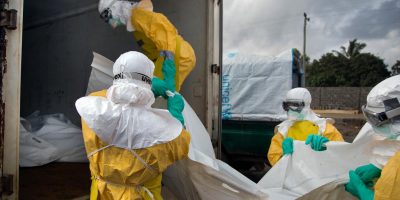
Briefing
The Financialization of Ebola
Far away from the frontlines of the Ebola outbreaks in Sierra Leone, Guinea, and Liberia, where people and their caretakers die from the disease, new forms of humanitarian aid and global health financing are being leveraged behind closed doors. In…
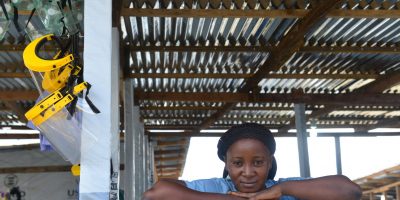
Briefing
Ebola, Chimeras, and Unexpected Speculation
Alex Nading explains how brincidofovir’s path to the front lines of the Ebola crisis underscores the contingent, speculative, “chimeric” nature of contemporary global health.
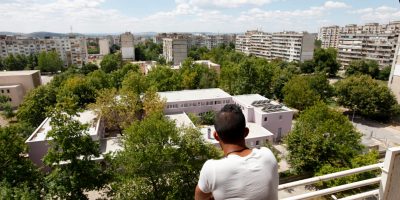
Evidence review
The Disease that Emerged
Lyle Fearnley explores how global preparedness for emerging diseases left some places unprepared.
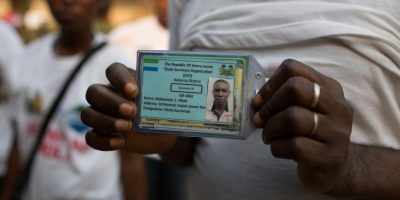
Evidence review
Ebola, Running Ahead
What does experimentation look like in the time of emergency? Ann H. Kelly explores the design of clinical trials amidst the Ebola crisis.
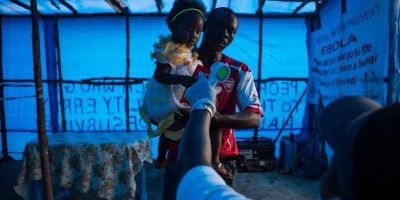
Evidence review
Frozen By the Hot Zone
Joanna Radin explores the role of the “hot zone” in immobilizing people, blood and information.
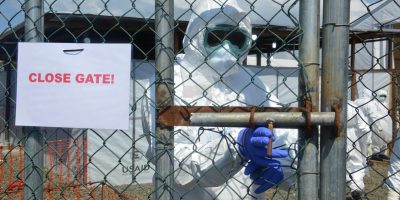
Evidence review
Ebola, 1995/2014
Nicholas B. King looks back at the dialectics of confidence and paranoia in the Ebola outbreaks of 1995 and 2014.
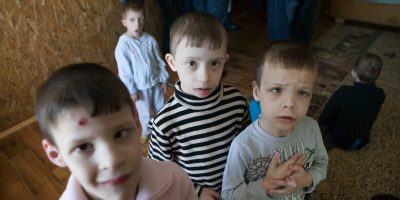
Evidence review
Medical Vulnerability, or Where There Is No Kit
Where there is no kit and no infrastructure, there is vulnerability. Peter Redfield explores the role of medical humanitarian response in the Ebola crisis.
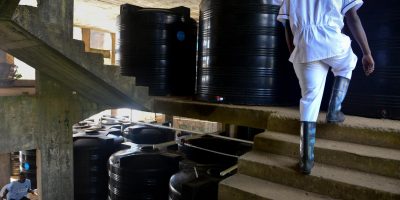
Evidence review
Outbreak of Unknown Origin in the Tripoint Zone
Guillaume Lachenal traces the urgent past of the current ebola outbreak, offering some surprising lessons about borders.
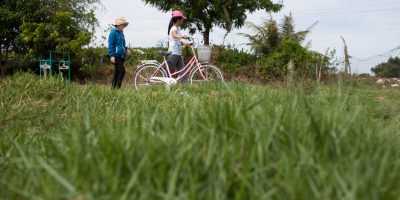
Evidence review
Income and Malaria. Evidence from an Agricultural Intervention in Uganda
We exploit a spatial discontinuity in the coverage of an agricultural extension program in Uganda to causally identify its effects on malaria. We find that eligibility for the program reduced the incidence of malaria by 8.8 percentage points, with children…
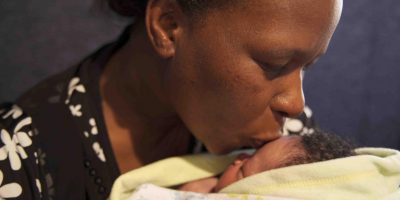
Evidence review
Poor Health Reporting. Do Poor South Africans Underestimate Their Health Needs?
Researchers often rely on household survey data to investigate health disparities and the incidence and prevalence of illness. These self-reported health measures are often biased due to information asymmetry or differences in reference groups. Using the World Health Organization study…
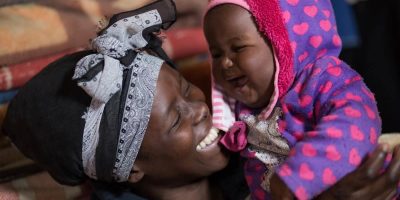
Background report
Human Rights and the HIV Response: Eastern and Southern Africa Region
Key populations, specifically people who sell sex (PWSS), people who inject drugs (PWID) and lesbian, and gay, bisexual, transgender and intersex (LGBTI) people experience significant human rights violations which underpin the continued high HIV incidence in these populations.This rapid assessment…
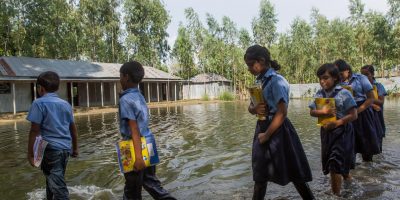
Evidence review
Effects of Climate Change on the Social & Environmental Determinants of Health in Africa
The authors present current evidence on how climate change impacts on social and environmental determinants of health and the link between these determinants and the vulnerability of local communities. They outline proven community-based interventions that local populations in developing countries…


